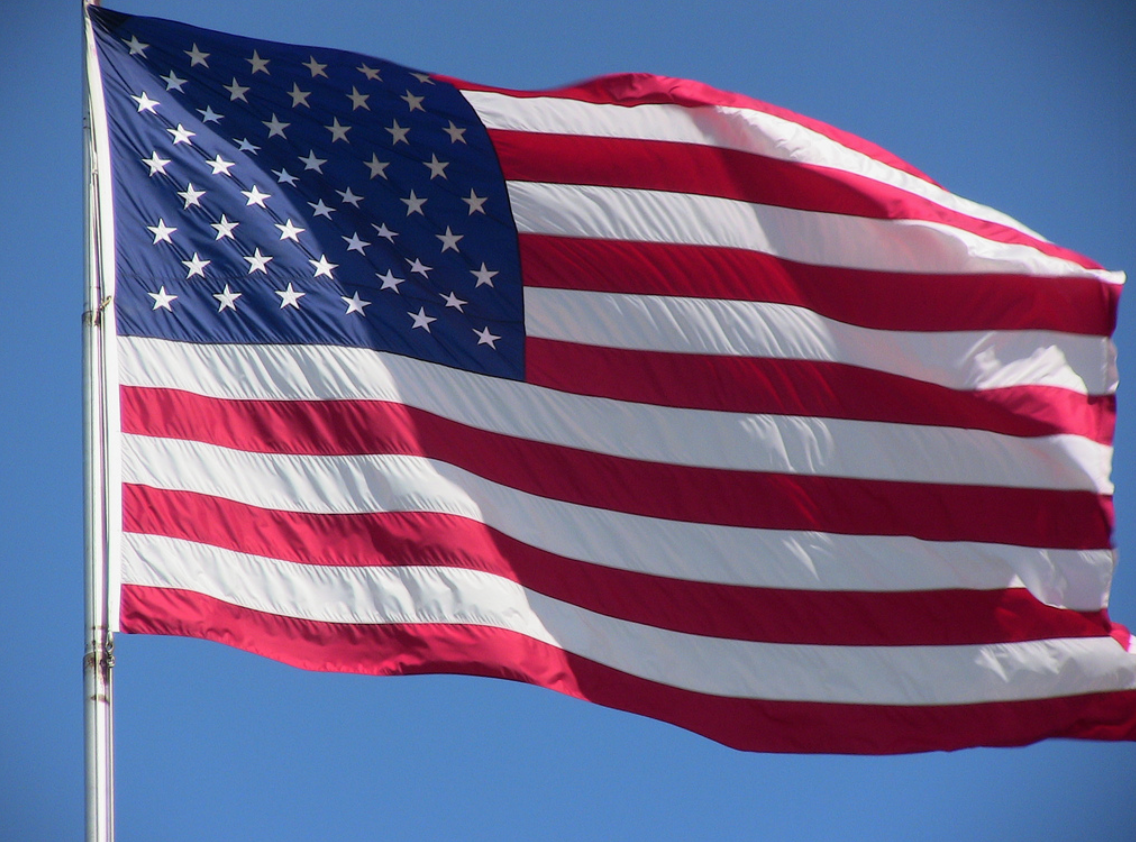“With everything that’s happening, it’ll be much better for us,” Rebeca, who came to the United States from Mexico roughly a decade ago, told the Texas Tribune. “With everything we’ve seen on TV and the family separations, you start thinking, ‘We have to hurry up.’”
But, reported the Tribune, Rebeca, a mother of three and Austin resident, found herself amid a backlog of applications. The spike in applications began before the 2016 elections but the numbers continued to swell even after.
Wait times and uncertainty increased. According to the Tribune, in August, Houston officials estimated processing times between 17.5 and 19 months.
Though Houston has a fast-growing immigrant population that represents almost 30 percent of the city's population, according to the latest census numbers, it also has relatively low naturalization numbers. A 2015 report from the Migration Policy Institute found that immigrants in the Houston metropolitan area were "less likely to be U.S. citizens" than immigrants nationally. Part of that, explained the report, had to do with the population's relatively large undocumented population as well as significant numbers of people living with Temporary Protected Status, who were not eligible for citizenship.
But the report noted that the share of legal permanent residents who chose to naturalize was also relatively low. That likely reflected the barriers associated to seeking citizenship as the Houston area's large populations of Mexican and Central American immigrants had median household incomes that were roughly half that of the U.S.-born population, according to the report. The report also noted that low levels of educational attainment and English proficiency were also likely tied to the low rate of naturalization.
Indeed, an interactive map from the University of Southern California's Center for the Study of Immigrant Integration underscores the relatively low likelihood that many of Houston's eligible residents will naturalize. The map and analysis also reveal that things like race and poverty status are connected to an individual's likelihood to naturalize, suggesting systemic barriers like expensive filing fees, English-language citizenship tests or lack of knowledge about the process, including potential fee waivers.
There are a number of reasons why naturalization matters, including higher wages, more certainty in the job market, even economic gains for U.S.-born residents as well, and of course, the right to vote.
Explore the map below.

